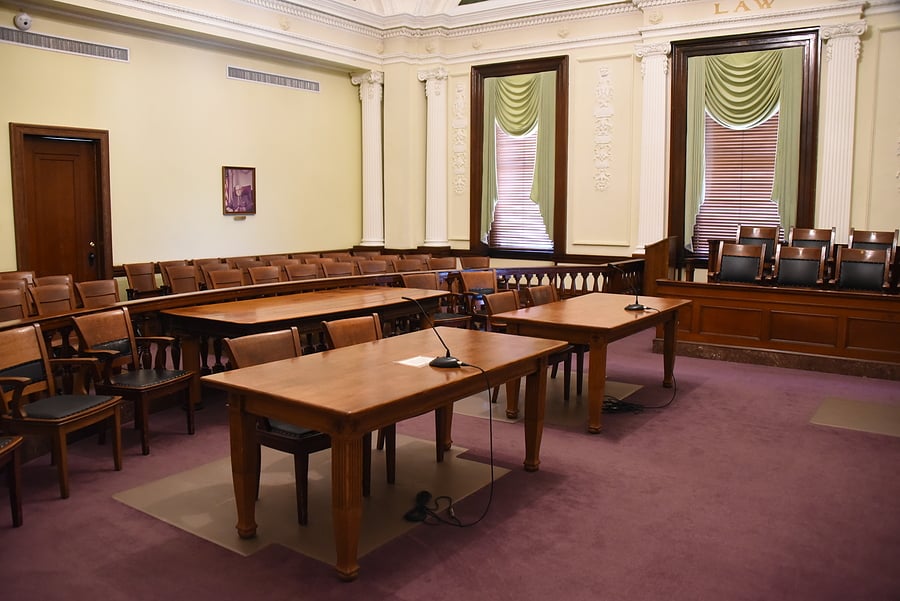Trenton, New Jersey. Long-standing worries about delays brought on by current procedures would be addressed by new legislation presented in Trenton that would expedite the process of filling vacancies in New Jersey’s delegation to the U.S. House of Representatives.
Democratic lawmakers from the state are sponsoring the bill.
The measure creates a clear and accelerated schedule for primary and special elections by requiring the governor to issue a writ of election within ten days of a House seat being vacant. There is currently no timeframe for issuing the writ under state law, and vacancies close to the end of a Representative’s term frequently remain unfilled.
The U.S. Constitution mandates that all House vacancies be filled by election, in contrast to Senate vacancies, which the Governor may temporarily fill by appointment. Depending on when the vacancy occurs and how close it is to a general or primary election, New Jersey law now provides several options for scheduling such elections.
The new plan calls for a special primary to be held 70–76 days after the governor’s proclamation, and a special election to be held 64–70 days after the primary, if the remaining term is longer than 180 days. Within a similar 70- to 76-day range, the measure calls for a direct special election without a primary if the remaining term is fewer than 180 days but at least 135 days.
Proposed are shortened election schedules and updated notices.
Additionally, the measure updates a number of election processes. It reflects modern digital procedures by doing away with antiquated statutory language that required district boards to meet for manual voter registration updates. It lowers the requirement for public notice from weekly newspaper announcements to one notice that is published at least forty-five days prior to the election.
The bill also modifies the ballot draw schedule for special elections. Draws for candidate positions on the ballot would take place as quickly as possible following the special primary, with public notification needed, rather than according to the usual schedule.
A representative’s seat would stay empty until the following congressional session if a vacancy occurred within the last 135 days of their term. This clause is consistent with the statute as it stands, which exempts elections for terms ending six months after the vacancy.
The entire election process, including ballot drawings, primaries, general elections, certification, and the new member’s swearing-in, is included in the 180-day benchmark. If the dates of regularly scheduled primaries coincide with those of special elections, the bill’s structure for flexibility.



